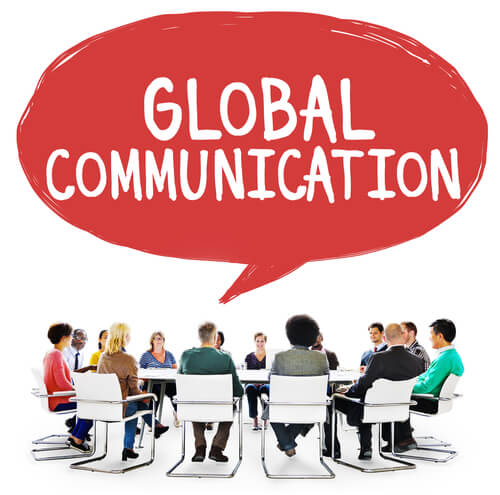Have you heard about the issue at Paypal and Venmo?
Apparently certain things in the memo section of the money being sent to friends is being flagged. Things such as “idek,” which means “I don’t even know” in text slang, but also stands for a terrorist organization.
So, if you put “idek” in the memo section, as a joke or because you really don’t know why you’re sending a friend or family member money, be prepared to have a big issue on your hands.
Here is the blog post I wrote about it for the Zignal Labs blog. We live in a world where the conversations we have, no matter how minor they are, can flag a big issue.
Communication becomes even more important—and so does an understanding of global needs, challenges, and cultures.
Conversations Are Global
One of the ways technology has made our lives so much easier is by letting us send money to our friends at the click of a button. Going out for a group dinner? You no longer need to worry about carrying cash or burdening the server with splitting the check six ways. All you have to do is take out your phone, beam some money, and voila!
You even get to leave cute notes in the memo line, full of inside jokes and emojis.
But what if one of those inside jokes gets your transaction flagged? Or your friend’s name triggers a suspicious alert somewhere in the database? How about a commonly used acronym, like “idek,” which stands for “I don’t even know”?
That is exactly what is going on with Paypal and Venmo users. The issue isn’t limited to transactions between friends. If you have tried to send a donation overseas using either of these services, you may have also hit a wall.
These restrictions aren’t imposed by Paypal or Venmo. They come from compliance regulations from the U.S. Department of Treasury’s Office of Foreign Assets Control.
According to the official statement from Venmo (this is difficult to read…essentially is says they are required to screen activity and flag payments that even look like they might violate laws, rules, or regulations):
Venmo, like all U.S. persons, including other U.S. financial institutions, is required to screen activity and flag any payments that may violate U.S. trade sanctions and/or involve certain foreign countries (comprehensive country-based sanctions) and governments, regimes, corporations, organizations and individuals (selective targeted sanctions) on the Specially Designated Nationals (SDN) list maintained by the Department of Treasury’s Office of Foreign Assets Control (OFAC).”
Global Crisis Examples
This is causing issues for users and creating frustration all around the world.
There is a story of a woman’s account being frozen because she typed in her boyfriend’s name in the memo line.
The reasoning for the restriction?
Her boyfriend’s name is Ahmed.
In Canada, the father of an 11-year-old ran into issues because her daughter’s class was collecting donations to send to Syrian refugees.
Most recently, transactions are being flagged due to a common conversational acronym.
Reasoning?
“IDEK” stands both for “I don’t even know” and the name of a terrorist organization overseas.
All of this is undoubtedly affecting the sentiment of Paypal and Venom. And worse, it’s affecting the relationships with their customers.
Five Crisis Communications Tips
So what does this mean for communications professionals?
- The conversation is always global. Even if you’re a company operating only in one country, in addition to government compliance, you need to always be aware of global trends and conversations. Events that are happening on the other side of the world could unexpectedly trickle down to the conversations you’re having with your customers. Be aware of how jargon, hashtags, or even text speak might affect policies that are outside of your control. A quick Google search is one way to go. Even better is to enter your data into your Zignal Labs dashboard and see what comes up. Doing these two things will save you heartache later.
- Have an internal policy in place for managing conversations. Everyone within your company needs to be aware of issues that may potentially influence operations. Create a central location with documents outlining any government policies affecting your organization—and that includes every country where your company operates. If there are current events on your “to watch” list for escalation, send out a company-wide email to inform your employees.
- Create an escalation plan. When does a situation go from “watching” to “active” for your organization? When do you inform stakeholders? When do you reach out to your customers? Consult with overseas offices and agencies during the planning process to ensure all applicable areas of the world are included in your plan.
- Be aware of cultural nuances in conversation.This is especially crucial when engaging on social media. It’s crucial to be culturally sensitive and educated when addressing global issues. When possible, create posts in multiple languages.
- Develop holding statements. These are messages designed for use immediately after a global crisis breaks, developed in advance for a variety of scenarios. The language in these statements should be easily customizable to the specific situation at hand, but they will make your team more prepared with approved language, instead of scrambling to track down legal approval during a sensitive event.
Oftentimes, the crisis at hand it outside of your control, but—as always—how you respond to something like this makes the difference between an issue and a crisis.
image credit: shutterstock
